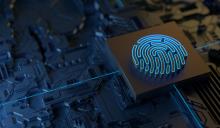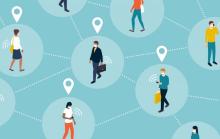What are some of the secular drivers of growth in Asia today?
In November 2019, Singapore made public its ‘National Artificial Intelligence Strategy” which, according to Prime Minister Lee Hsien Loong in the National AI Strategy document:
One vision of smart cities is to exploit mobile devices to collect information, extract knowledge, and make decisions about the citizens and their living
The NRF Investigatorship grant will support SMU Professor Archan Misra’s vision of a smart city where humans and devices work collaboratively on projects.
SMU Professor Archan Misra has received a National Research Foundation (NRF) Investigatorship grant to develop new capabilities in ultra-low power sensing and embedded machine intelligence, which can catalyse innovative applications in smart cities, factories and buildings.
Assistant Professor Aidan Wong from SMU’s School of Social Sciences discusses the value of electronic waste recycling and sustainability in Singapore.
Artificial intelligence can be integrated into transportation and security systems to improve our quality of life.
While we forge ahead with urban development and technological advancements, let's pause and take a leaf from history and see how the past can offer us a different perspective in mitigating climate change.
- Read more about SMU PDLS: The Digital Cities of the Future: How can we embrace, engage and thrive?
- 882 views





